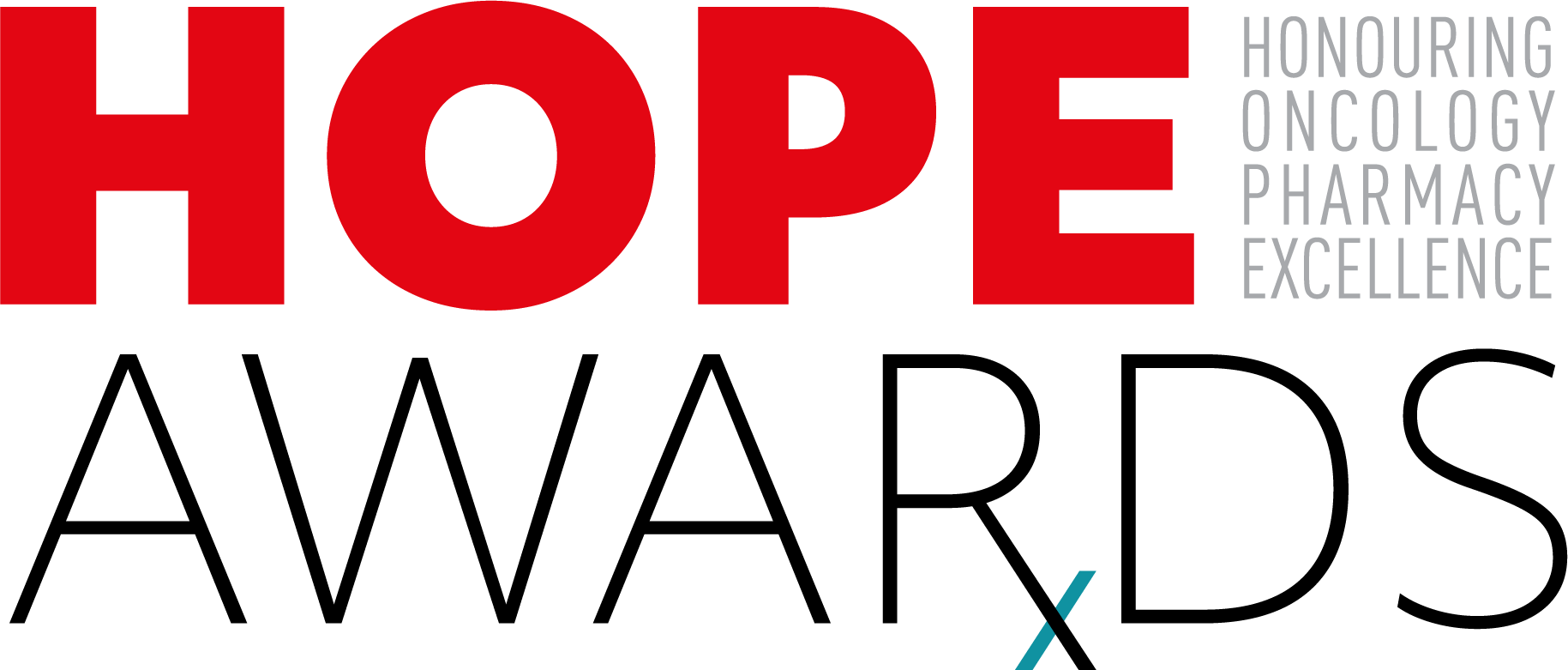HONOURABLE MENTION PROJECT WINNER: SUSTAINABILITY AND EFFICIENCY
Olivia Perry
Dr. H. Bliss Murphy Cancer Centre
Olivia Perry was awarded an Honorable Mention HOPE Award for her project, ‘Pharmacist-Led Oral Anticancer Agent Outpatient Monitoring Program’.
Oral anticancer agents encompass a major patient-centric advancement in therapy convenience, however, are associated with challenges such as novel toxicity profiles, frequent lab parameter monitoring, and the need for strict adherence for optimal effects. As medication experts, oncology pharmacists are uniquely placed for monitoring patients receiving oral anticancer therapies, which also aligns with healthcare resource utilization best practices.
Design: Patients taking oral anticancer agents in Canada receive varying degrees of follow-up by pharmacists. This study compared comprehensive proactive pharmacist-led monitoring, to a standard model of care that was limited and reactive in nature. This retrospective matched cohort chart-review study explored the effectiveness of pharmacist monitoring and intervention in reducing clinically significant toxicity, and increasing tolerability of therapy, in Canadians taking oral renal anticancer targeted therapies on an outpatient basis. The study hypothesis was that tolerability of oral anticancer agents improves with increased levels of pharmacist monitoring and intervention.
Results: Findings support the hypothesis – notably, it was revealed that patients in the comprehensive pharmacist-led care cohort were able to stay on treatment for double the mean total time (days) [449 vs 252; rate ratio {RR}: 1.78], had nearly one-third of the number of emergency room (ER) visits [6 vs 17; incidence rate ratio {IRR}: 0.35], and one-third of the number of treatment delays [20 vs 61; IRR: 0.33].
Findings endorse maintenance/expansion of pharmacist-led programs within the study sites, as well as implementation/expansion of pharmacist-led programs within other jurisdictions. The data reveals value to all: the patient population, the health authorities, and pharmacy practice. Cancer care is changing – the role of the pharmacist needs to change too.
